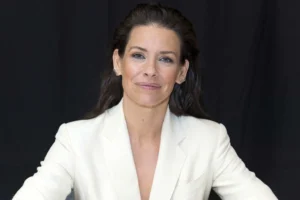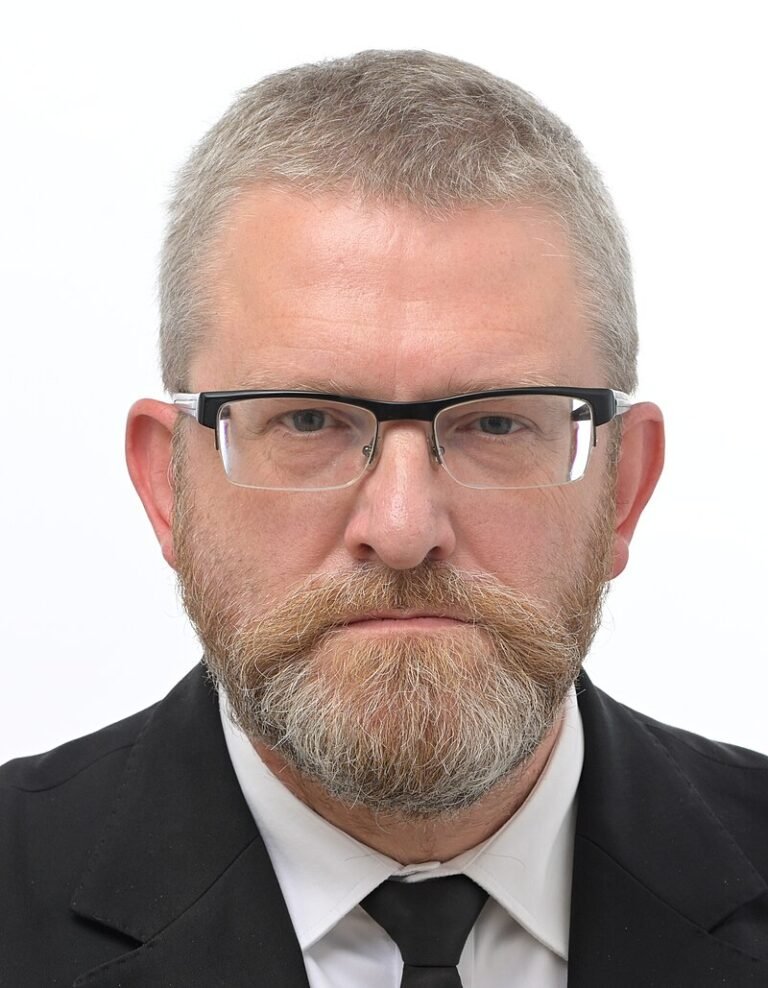Grzegorz Braun, a far-right Polish politician and Member of the European Parliament (MEP), has drawn sharp criticism and legal scrutiny following a series of inflammatory public statements. Born on March 11, 1967, in Toruń, Poland, Braun is a filmmaker, academic, and journalist who has increasingly gained notoriety for his extreme views on history, religion, and politics.
He is a key figure in the Confederation Liberty and Independence, a coalition of nationalist and libertarian parties in Poland. Known for his traditionalist Catholic beliefs and ultra-nationalist ideology, Braun has emerged as a vocal critic of European integration, liberal values, and what he calls foreign influence in Polish affairs. He frequently speaks against immigration, LGBTQ+ rights, and Western military alliances, aligning himself with hardline conservative values.
Braun’s political career began gaining national attention in the 2015 Polish presidential election, where he first ran as an independent candidate. He ran again in the 2020 election and most recently in the 2024 presidential race, where he secured over 6% of the vote in the first round. Although he has never held executive power, his visibility and influence have grown significantly among far-right supporters in Poland.
Before his political rise, Braun was active in the cultural and academic scene. He directed historical documentaries focused on Polish history and anti-communist themes. He also lectured in journalism and was a frequent contributor to conservative publications. His work often fused political commentary with religious and historical narratives, appealing to a segment of Polish society that values Catholic traditions and national sovereignty.
However, Braun’s public image has been marred by a series of controversies. In December 2023, he was accused of antisemitism after he used a fire extinguisher to put out Hanukkah candles during a ceremony inside the Polish parliament. The act was condemned as hateful and disrespectful, leading to widespread outrage both within Poland and abroad. Despite the backlash, Braun defended his actions, claiming they were in protest against what he perceived as a violation of Christian values.
The controversy escalated in July 2025 when Braun appeared on Wnet radio and made statements denying the Holocaust. He claimed that the gas chambers at Auschwitz were a “fake” and that the medieval myth of ritual murder by Jews was true. The radio host ended the interview immediately after the comments, but the remarks had already sparked a storm of criticism. Polish prosecutors quickly launched a preliminary investigation into Braun’s statements, as Holocaust denial is a criminal offense under Polish law. Piotr Antoni Skiba, a spokesperson for the Warsaw district prosecutor’s office, confirmed that the case is in its early stages.
Piotr Cywiński, the director of the Auschwitz Museum, announced he would file a separate complaint against Braun, calling the statements an expression of hate and antisemitism. According to Cywiński, such rhetoric not only distorts historical truth but also fuels dangerous ideologies that threaten social cohesion.
On the same day as the interview, Braun visited Jedwabne, a town infamous for a 1941 massacre in which Polish residents, under Nazi occupation, burned Jews alive in a barn. Braun and a group of supporters attempted to block cars leaving a ceremony commemorating the tragedy. Among the attendees was Poland’s chief rabbi. Police intervened, allowing the event to proceed peacefully. Braun used the occasion to advocate for the exhumation of the massacre site, arguing it could prove German, not Polish, responsibility. This demand has been heavily criticized by scholars and human rights groups, who view it as an attempt to rewrite history.
Prime Minister Donald Tusk condemned Braun’s remarks as disgraceful and emphasized that such views have no place in modern Poland. Tusk urged citizens and institutions to stand united in defense of historical truth and human dignity.
Grzegorz Braun continues to be a deeply polarizing figure in Polish politics. While he maintains a dedicated far-right following, his statements and actions have increasingly isolated him from mainstream political discourse. As the investigation unfolds, many in Poland and across Europe are watching closely to see how the country addresses the growing influence of extremist rhetoric in public life.







